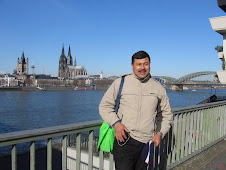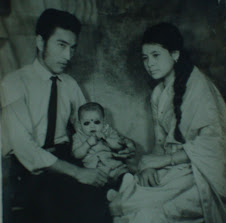SAGUN (Forestry and Buffer Zone) Program (2005). Participatory Well Being Ranking: A Summary of Process and Outcomes. SAGUN Program, CARE Nepal / RITI / WWF / RIMS Nepal.
This paper briefly summarizes the process of participatory well being ranking (PWBR) conducted to identify the poor households in the community forestry user groups (CFUGs), their support areas and facilitate them in their capacity building and livelihood improvement. It presents the outcomes of PWBR conducted in a total of 591 CFUGs in Banke, Bardia, Kailali, Dhading and Dolpa covered by SAGUN (Forestry and Buffer Zone) Program. Of the total 77,126 user households, 19%, 40% and 41% households belong to well-off, medium and poor categories respectively. In 2005, a total of 327 CFUGs supported poor households with one or more support activities. This paper presents the issues, challenges and lessons learned from PWBR.
My Brief Biography

- BASAN SHRESTHA
- I am Basan Shrestha from Kathmandu, Nepal. I am a development professional with expertise in socio-economic research, monitoring and documentation. I hold 3 master degrees 1) MSc in Regional and Rural Development Planning, Asian Institute of Technology, Thailand, 2002; 2) MSc in Statistics, Tribhuvan University (TU), Kathmandu, Nepal, 1995; and 3) MA in Sociology, TU, 1997. I have gained professional experience for more than 10 years in socio-economic research, monitoring and documentation on agricultural and natural resource management. I had worked in Lumle Agricultural Research Centre, western Nepal from 1997 to 2000; CARE Nepal (SAGUN Program), mid-western Nepal from 2003 to 2006 and Western Terai Landscape Complex Project in far-western Nepal from 2006 onwards. I have published some articles to my credit. With my sound academic background and professional experience, I am much encouraged to undertake PhD to explore equity in Community Forest Management analysing both procedural and distributional aspects. Your kind cooperation, if any, to link with the concerned personnel and authorities would be instrumental and appreciated.
Subscribe to:
Post Comments (Atom)



















No comments:
Post a Comment